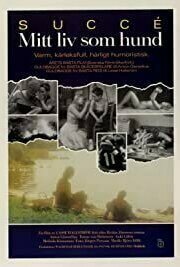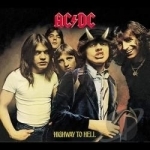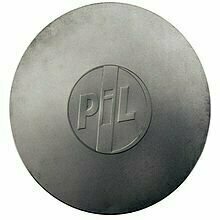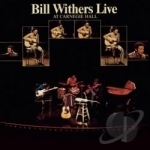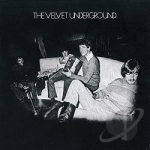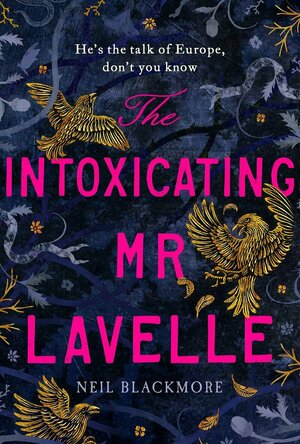Search
Search results

Change: What Really Leads to Lasting Personal Transformation
Book
Change is often a mystery, one that baffles doctors, therapists, teachers, coaches, parents-and...

Wake Up!: Stop Sabotaging Your Happiness and Your Success
Book
Humans feel lonely. They don't remember who they are, or what they live for. You are an eternal...
Illeana Douglas recommended My Life As A Dog (1985) in Movies (curated)
Rick Astley recommended Highway to Hell by AC/DC in Music (curated)
Alex Kapranos recommended track O Horos Tou Sifaka Yiannis Markopoulos by Giannis Markopoulos in O Horos Tou Sifaka by Giannis Markopoulos in Music (curated)
Bobby Gillespie recommended MetalBox by Public Image Ltd in Music (curated)
Rick Astley recommended Live at Carnegie Hall by Bill Withers in Music (curated)
Johnny Marr recommended Raw Power by The Stooges in Music (curated)
Johnny Marr recommended Velvet Underground by The Velvet Underground in Music (curated)
ClareR (5996 KP) rated The Intoxicating Mr Lavelle in Books
Apr 9, 2021
The Intoxicating Mr Lavelle rather intoxicated me, if I’m honest. It’s one of those witty yet heart-rending books that I didn’t want to stop listening to.
Ben Aldridge, the narrator, did his part so well. I believed that he was each of the separate characters - he made each of them sound so different, and he especially made Lavelle sound just how I would have imagined him to.
Two brothers, Benjamin and Edgar are on what is probably the most exciting and daunting trip of their young lives - a Grand Tour of Europe. It was what all the well-heeled young men and women would do at the time, in the hope that they’d make good business and, you never know, romantic connections. However, it quickly becomes apparent that the Bowen brothers are looked down on as being of the mercantile class. This horrified me as a modern day reader. Firstly, that two sheltered, innocent boys should be sent out to travel across Europe alone (must be the ‘Mother of Sons’ in me), secondly, that the upper classes were so bloody rude! They had the power to destroy someone with just a word. I could have scooped these boys up and taken them home, just to remove them from these horrendous people.
This is also the story of Benjamin’s self discovery. He meets and falls in love with Horace Lavelle at a time when men could be hanged as a ‘sodomite’. The author is upfront at the start that he had taken some liberties with this book. Homosexuality was illegal. No-one would take a chance of showing that they were gay. And there is that element of danger, of being found out, in this book despite those liberties.
But it’s such a lovely book - I wanted Benjamin to be happy, and I could see the potential for a train wreck ahead. And that’s all I’ll say! What I will say, is that this is a novel well worth your time!
Ben Aldridge, the narrator, did his part so well. I believed that he was each of the separate characters - he made each of them sound so different, and he especially made Lavelle sound just how I would have imagined him to.
Two brothers, Benjamin and Edgar are on what is probably the most exciting and daunting trip of their young lives - a Grand Tour of Europe. It was what all the well-heeled young men and women would do at the time, in the hope that they’d make good business and, you never know, romantic connections. However, it quickly becomes apparent that the Bowen brothers are looked down on as being of the mercantile class. This horrified me as a modern day reader. Firstly, that two sheltered, innocent boys should be sent out to travel across Europe alone (must be the ‘Mother of Sons’ in me), secondly, that the upper classes were so bloody rude! They had the power to destroy someone with just a word. I could have scooped these boys up and taken them home, just to remove them from these horrendous people.
This is also the story of Benjamin’s self discovery. He meets and falls in love with Horace Lavelle at a time when men could be hanged as a ‘sodomite’. The author is upfront at the start that he had taken some liberties with this book. Homosexuality was illegal. No-one would take a chance of showing that they were gay. And there is that element of danger, of being found out, in this book despite those liberties.
But it’s such a lovely book - I wanted Benjamin to be happy, and I could see the potential for a train wreck ahead. And that’s all I’ll say! What I will say, is that this is a novel well worth your time!
